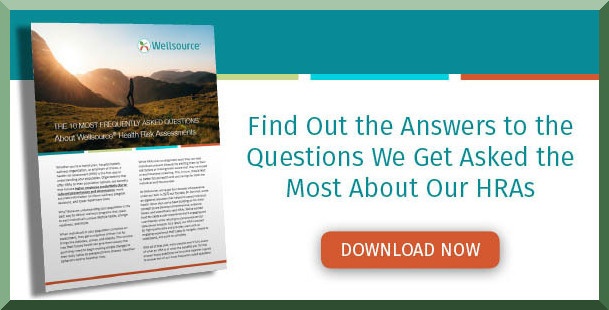Let’s be honest. There’s no point in going through the trouble of administering a health risk assessment (HRA) if people don’t take it. How can you gain population buy-in? One way is to address their concerns. In this post, we’re going to answer four of the most common questions to help build trust and increase participation from your users.
How Is Population Health Information Protected?
It’s not surprising that questions regarding health and identity protection are top of mind for people. Luckily, the answer is reassuring. Any organization that deals with protected health information (PHI) or personally identifiable information (PII) is required to follow a strict set of guidelines set forth by various government (and in some cases international, as in the case of GDPR) bodies. These regulations often limit who is eligible to view information, how it must be stored, the timeframe in which it must be kept, and so on.
It's also likely that organizations will take additional measures to safeguard participant data. These measures include purchasing an HRA that complies with rigorous data privacy standards and provides the administrators with the option to view only the data with all PII and PHI removed. With these measures in place, only the individual completing the assessment will have access to their unique results.
Do Health Risk Assessments Take a Long Time to Complete?
Many individuals taking HRAs (and, for that matter, the administering organization) are concerned about the time it takes to complete the entire assessment. No one wants to sit around for hours answering complex questions about their health. An online assessment should take less than 15 minutes. A well-designed HRA will provide a personalized experience that logically moves each participant through questions that pertain to their own health. In addition, it’s best to integrate an HRA into a company intranet or wellness portal to eliminate the need for an additional login.
Will Health Risk Assessment Results Impact Insurance Eligibility?
The very short and simple answer is no. The longer answer is that it's illegal for employers and health plans to discriminate against individuals based on the results of an HRA. These regulations include the Americans with Disabilities Act (ADA) and the Genetic Information Nondiscrimination Act (GINA).
Why Do We Administer Health Risk Assessments?
We can almost guarantee that every time an HRA is administered more than a few people ask, "but why?" The most important reason is that it's a benefit for the individual. By completing the HRA, they learn about their risk for chronic diseases that they may otherwise be oblivious to, as well as steps they can take to lower their risk. Their results, and even just the act of taking the HRA, may spur them to take charge of their health—getting routine vaccines, scheduling (and attending!) their annual wellness visit, or making note of lifestyle choices that could be negatively impacting their overall health.
From the perspective of the administering organization, the HRA results provide information about how to tailor wellness programs. If results show that a large number of individuals are at risk for diabetes, for example, the wellness coordinator may recommend swapping out the breakroom snacks for healthier options. If respondents' results show a risk for depression or that the population has high financial stress, appropriate resources could be provided. Results that show employees sit too much or have continual stress hopefully encourage a thorough look at workplace culture. Don’t be afraid to mention that individuals who take better care of their health typically feel better, are more productive, and have fewer sick days. This positively impacts the bottom lines of employers and health plans.
To learn more about health risk assessments check out The 10 Most Frequently Asked Questions About Wellsource® Health Risk Assessment:








